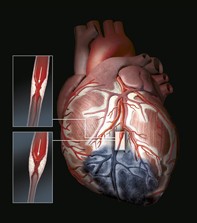Peer Reviewed
Feature Article Cardiovascular medicine
Acute coronary syndrome: care after discharge
Abstract
GPs are increasingly responsible for treating and managing patients after an acute coronary syndrome (ACS) event. The early recognition of serious complications and the initiation and maintenance of treatment to increase survival will lead to improved outcomes among patients with ACS. The judicious use of appropriate investigations will help guide this care and aid in identifying preventable problems.
Key Points
- GPs now face new challenges in the treatment and management of patients with acute coronary syndrome (ACS), particularly after changes to acute patient care.
- It is often the role of the GP to initiate and continue ancillary treatment in patients with ACS, helping to improve long-term survival.
- It is important for GPs to be aware of and look out for the common complications of ACS, some of which may be emergency situations, and facilitate their treatment.
- Patients with ACS will often require some form of cardiac procedure, and resulting complications can be minimised by the GP if discovered early and treated quickly.
- The purpose and importance of the patient’s ongoing medication may not have been fully explained or understood during the patient’s brief hospital stay. GPs have an important role in monitoring the patient’s medication use and correcting omissions in his or her medication regimen.
- Cardiac rehabilitation and exercise programs are an important part of ACS management and can help improve medication adherence and quality of life for the patient.
- The close relationship between the GP and patient provides a valuable opportunity for assessing and ensuring medication compliance in patients with ACS.
Purchase the PDF version of this article
Already a subscriber? Login here.

